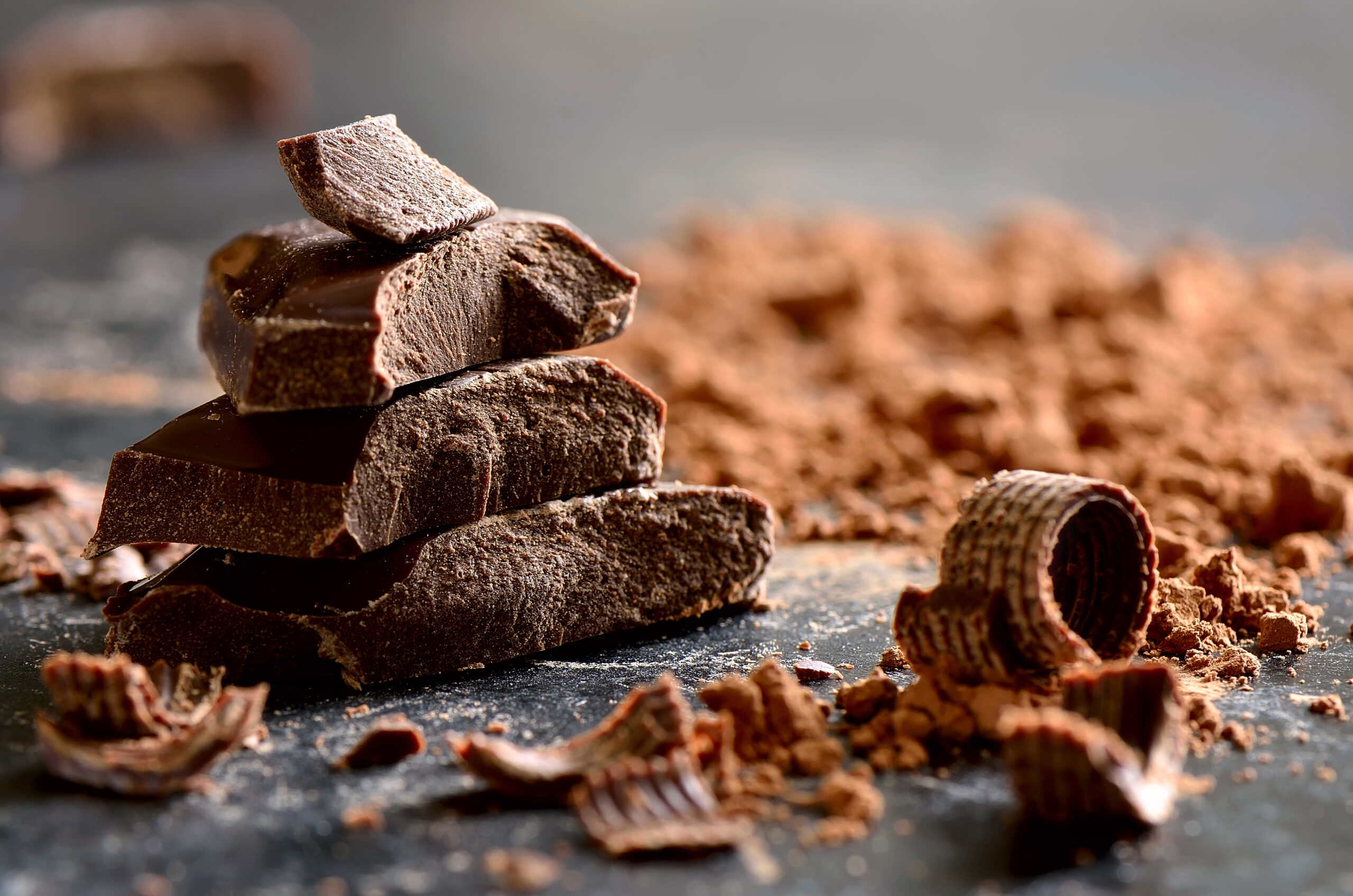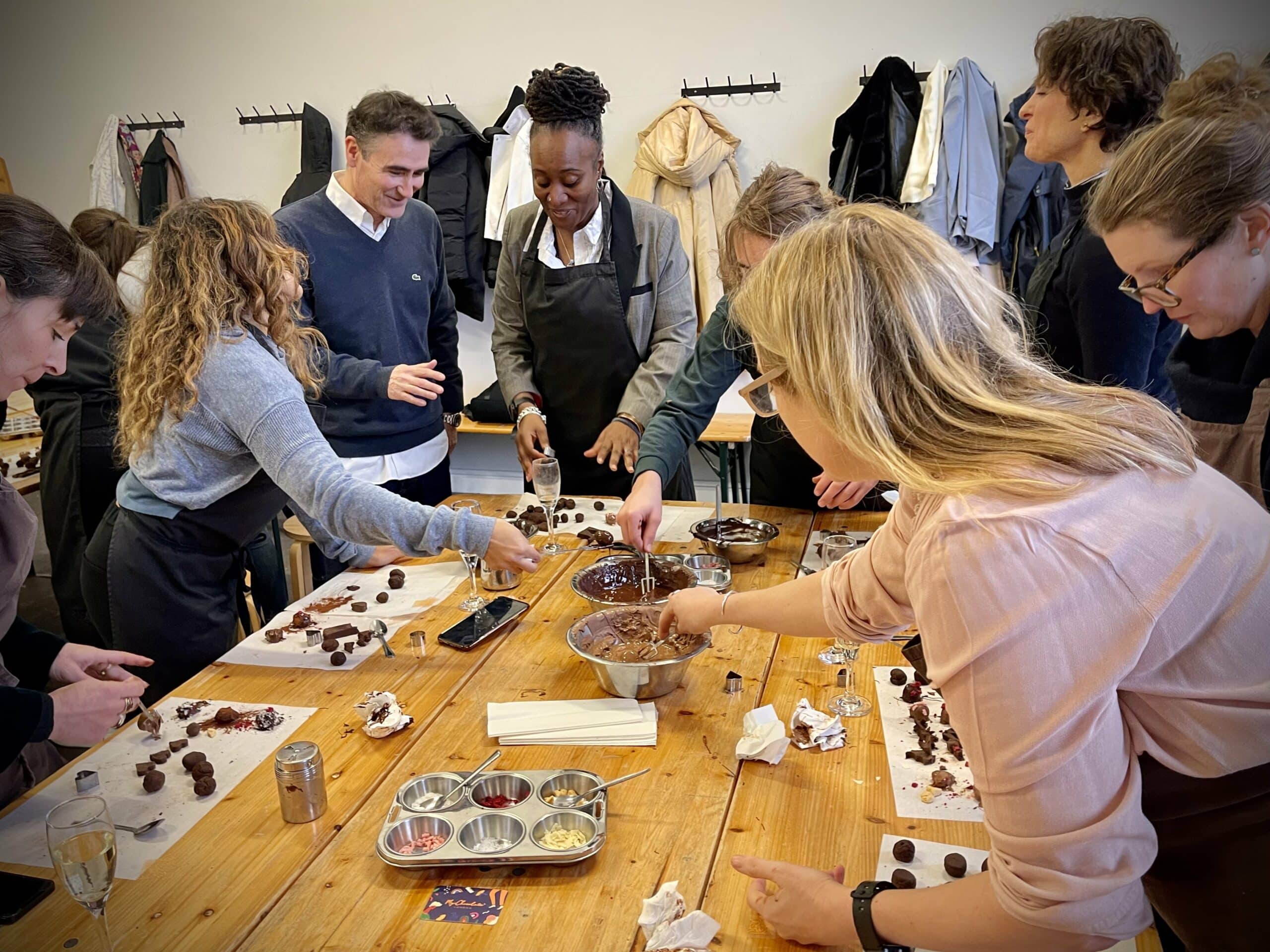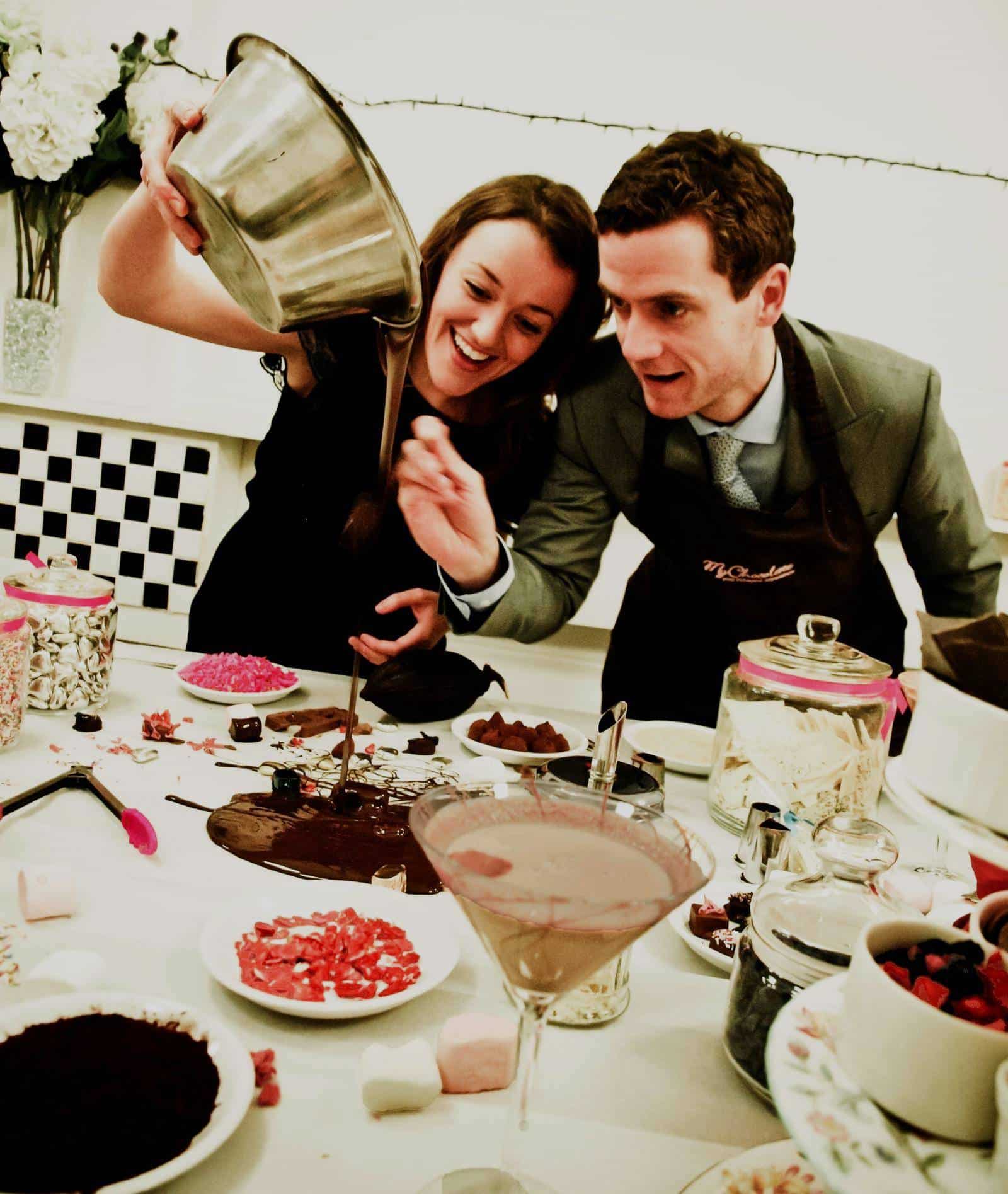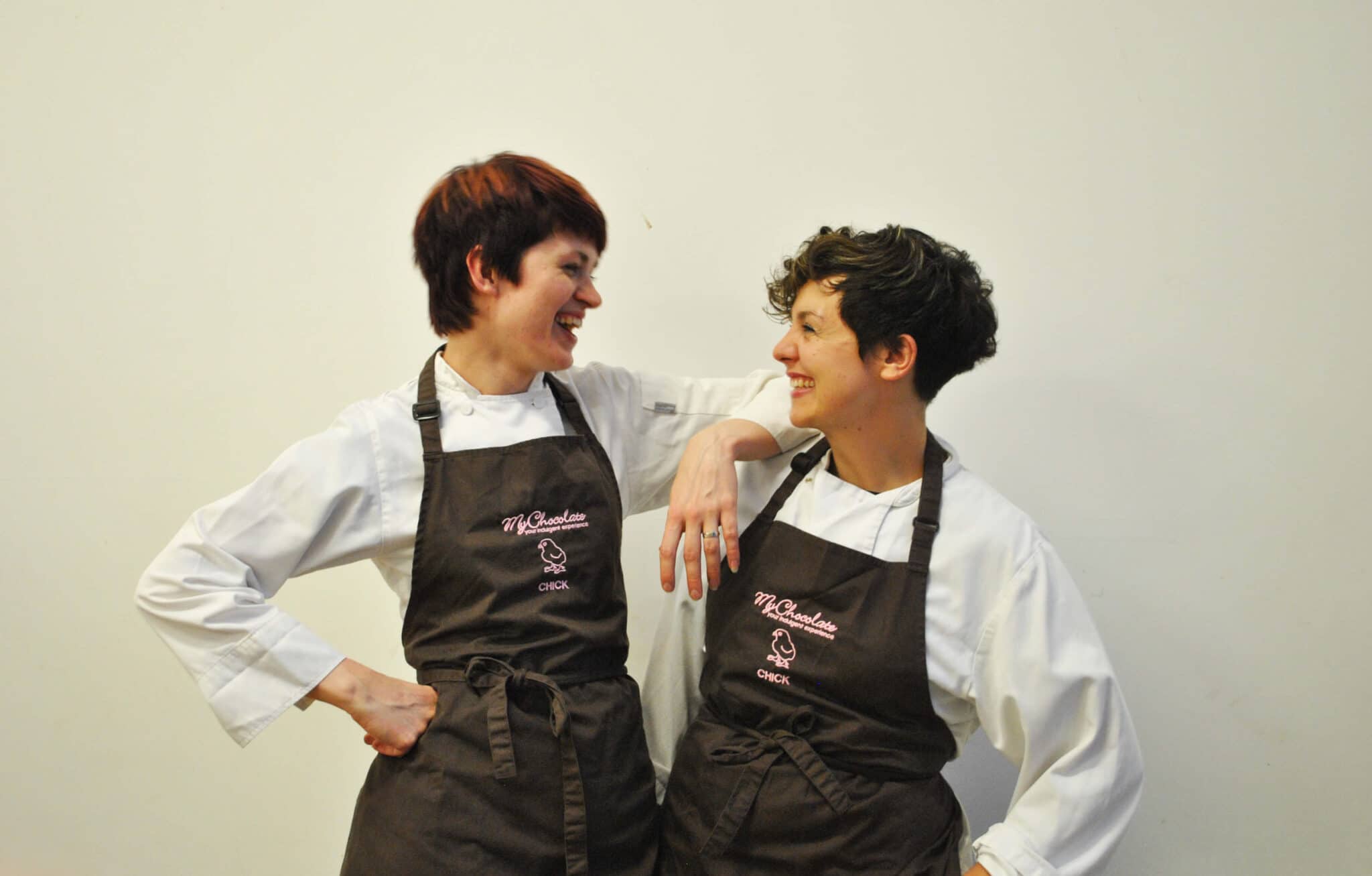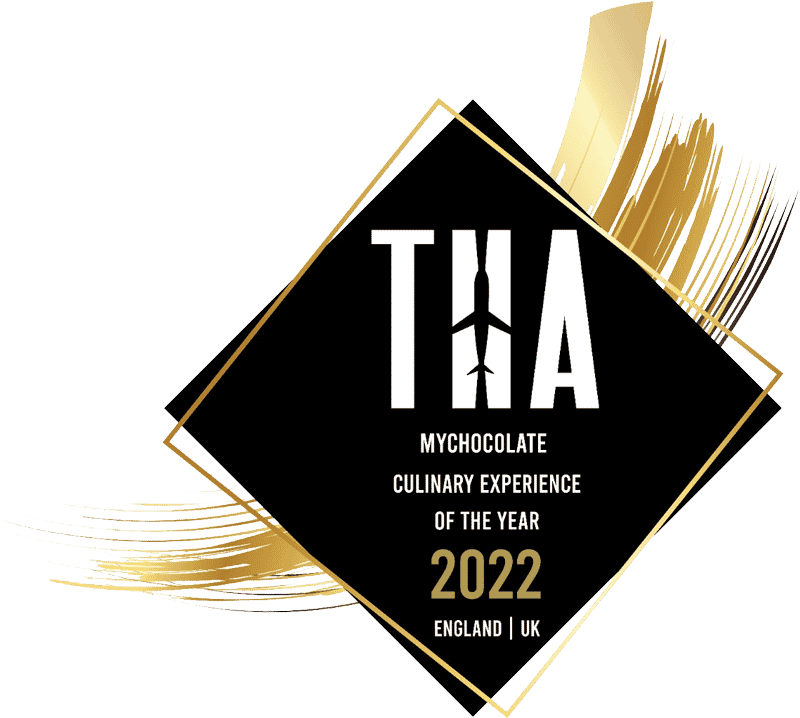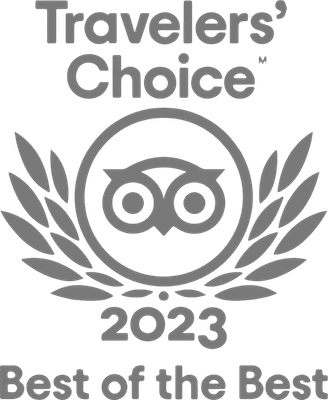Chocolate doesn’t make the world go round…but it certainly makes the ride worthwhile. From it’s humble Mayan beginnings to the meteoric rise of the chocolate bar in the 20th century, chocolate has certainly found a special place in hearts (and tummies) the world over. It’s been consumed on all occasions, as the focal ingredient of ancient religious ceremonies to modern day birthday’s, Valentine’s, even our hen parties (we wonder what the Mayans would think about chocolate being used in our corporate team building events in London today?!)
In recognition of the world’s love affair with chocolate, we’ll be spinning our globe in this, the first part of this series, and have a look at how chocolate is significant to different cultures…
Mexico
Mexico…chocolate’s Garden of Eden. Central America can claim to be the birthplace of chocolate, where the sticky, tropical rainforests provide the ideal conditions for the Cacao Tree (Theobroma Cacao) to grow. Ever since the dawn of the Mayan civilisation 4,000 years ago, the tree and the cocoa beans have been coveted as a gift from the gods. The beans, traditionally mixed with spices, were fermented to make a bittersweet drink used in religious ceremonies.
The later-ruling Aztecs even used the beans as a currency, also believing them to be sacred – a gift from Quetzalcoatl, the God of Wisdom.
Today, Mexicans still prefer to start their day with a drink of chocolate, flavoured with traditional spices – cinnamon, cardamom and chilies. Although no longer used as a money, it is commonly sold in the markets in the shape of discs, a contemporary trademark for chocolate in this part of the world.
Spain
Our next country on the map is Spain, whose conquistadors brought cocoa beans back to Europe in the early 16th century. They were unable to pronounce the name of the Aztec cocoa drink, Xocolatl, so changed it to ‘Chocolat’, from which its modern name derives. Chocolat was found to be too bitter for European palettes however, so Spain became the first country to sweeten the beans with sugar cane. The country can also claim to be the first to open a chocolate factory and they remain a proud chocolate-producing nation today (it’s famous modern brands are Valor, Trufas and Torras).
England
Chocolate arrived in England in 1520, delivered by none other than Christopher Columbus, and mass production of the food became big business for the Quakers at the time. In fact, some of the greatest chocolate companies there have ever been have derived from the Quakers, including Fry’s, Cadbury’s, and Rowntree (who later merged with Nestle). Fry’s is famous for producing the world’s first ever chocolate bar, in their factory in Bristol in 1847. Today the UK is still a prolific producer of chocolate, the fourth argest in the world no less, and was also the first country to produce organic chocolates.
That’s it for part 1 in our ‘Around the World in Chocolatey Ways’ series. We’ve still got a lot of miles to travel, so make sure to tune in next time for a look at chocolate in Peru, France and Italy.
If you can’t wait until the next installment, and want to learn more about the wonderful world of chocolate, why not try out one of our delcicious workshops…
